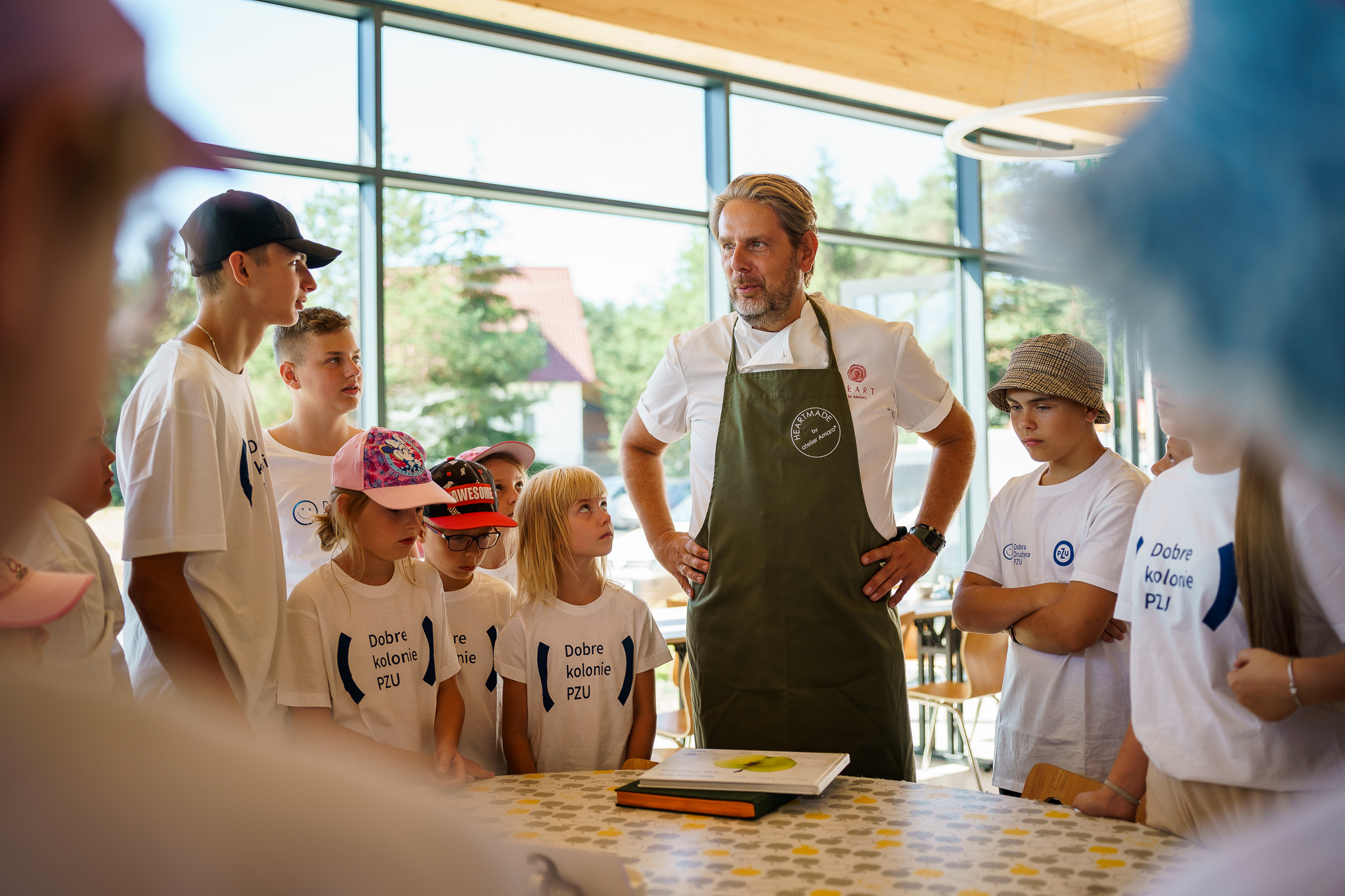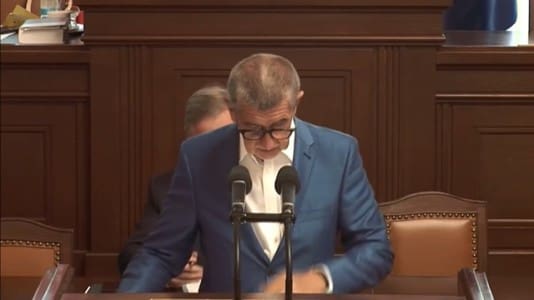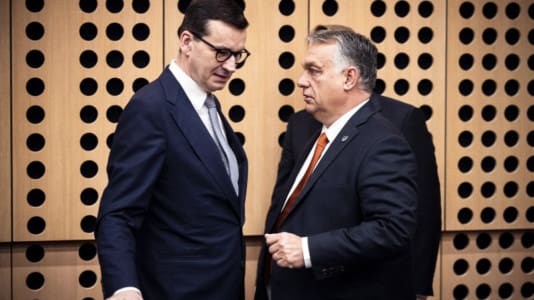Having received more than 1 million Ukrainian women and children fleeing the war in Ukraine, Poland is now faced with the challenge of helping them integrate into Polish society. Given the circumstances, civil society and volunteers are doing their best to give the Ukrainian children a good head start during a traumatic and uncertain period in their young lives.
State-owned companies such as PZU, the largest Polish insurance company, are also joining in. The Polish insurance giant has organized summer camps designed to bring together young Poles and Ukrainians in an integration effort that could soon be replicated across Poland.
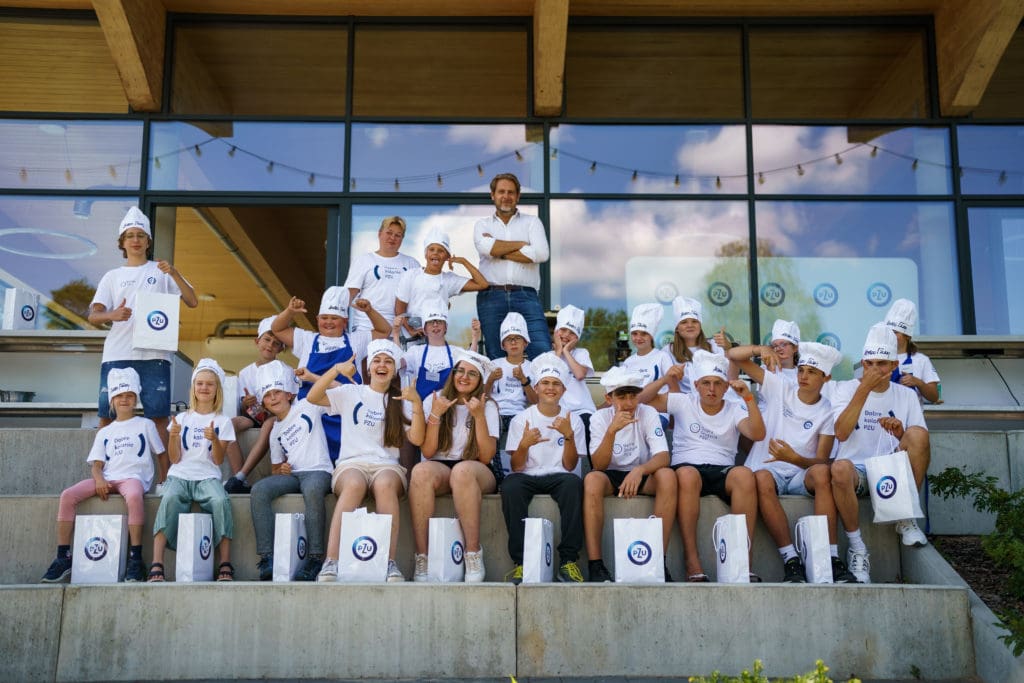
No other country has received more Ukrainian refugees than Poland, which means ensuring integration is of paramount importance not only for the refugees, but also for the Polish population receiving them. According to estimates calculated by the migration experts Maciej Duszczyk and Paweł Kaczmarczyk from The Center of Migration Research at Warsaw University, between 1.45 million to 1.55 million Ukrainians have found shelter in Poland since the Russian invasion.
As of July 2, 2022, more than 1.2 million Ukrainians have received a PESEL-number, providing them access to social welfare and to work within the Polish labor market. According to official PESEL figures, 46.5 percent of the refugees are children, making it necessary to direct much of the aid to young and sensitive individuals.
The Polish state, NGOs and volunteers have been cooperating in the effort to bring aid to the Ukrainian refugee community. One recent example is the “Good Summer Camps-campaign” launched by PZU, Poland’s largest insurance company, in which the Polish State Treasury holds nearly 35 percent of the shares.
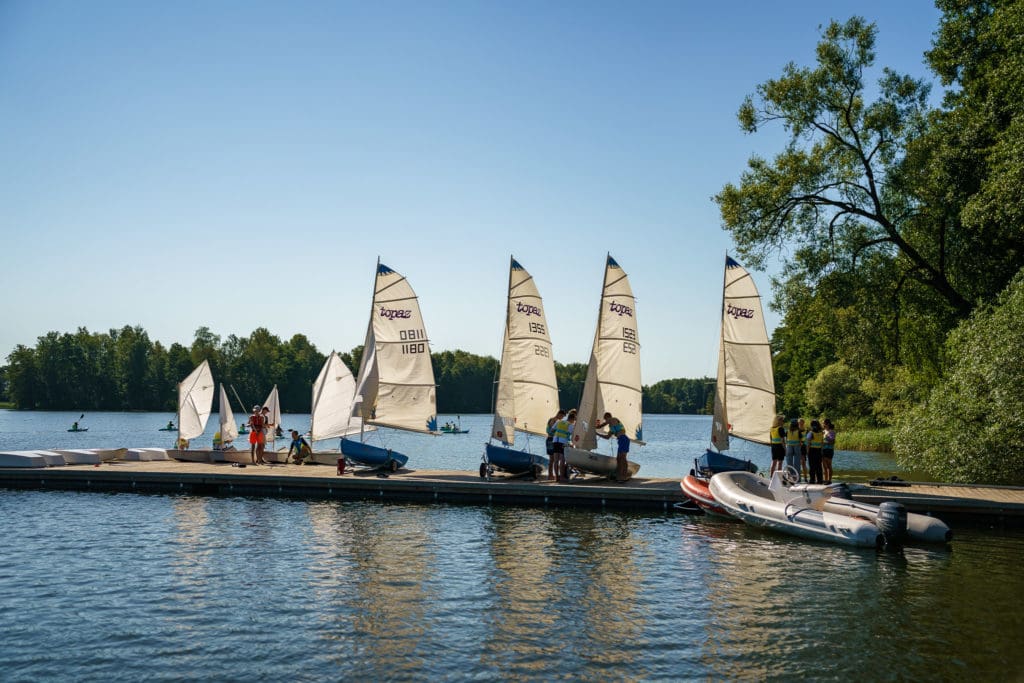
Over the summer, PZU has organized 10 summer camps aiming to integrate Polish children and young Ukrainians who have fled the war. All together, more than 300 Polish and Ukrainian children have spent a week of their summer in the Masurian Lakeland District in northeastern Poland. There, the children bonded while keeping themselves busy by learning outdoor activities such as windsurfing, sailing, kayaking and archery. On Aug. 11, Poland’s most famous TV-chef and Michelin-star restaurateur, Wojciech Modest Amaro, visited the children in the picturesque village of Wilimy for a session of culinary integration.
The participants of the summer camp joined the chef in preparing some classic Polish and Ukrainian dishes, such as Ukrainian cold borscht soup, beet dumplings with cabbage, crispy turkey and waffles with cheesecake.
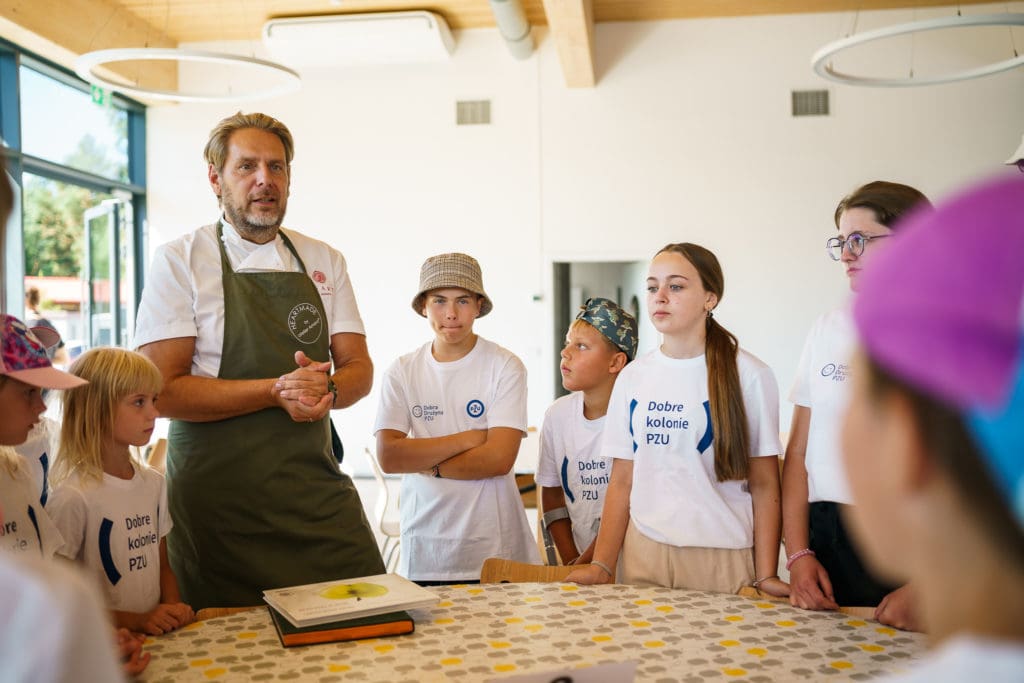
“It was a pleasure to combine the flavors of Polish and Ukrainian cuisine together with our young cooks who were so eager to learn. We showed the children that there isn’t much distance between us,” said the chef.
Polish Deputy Prime Minister and Minister of State Assets Jacek Sasin also praised PZU’s decision to bring together young Poles and Ukrainian refugee children, saying he is proud that State Treasury companies are assisting in this great campaign which supports those in need. He added that “thanks to the PZU summer camps, children from Ukraine and Poland can spend summer holiday together and integrate. It makes it possible for the Ukrainian children to take their mind off, even if just for a moment, the hell of war that is taking place across our eastern border.”
PZU’s summer camps have also been a good opportunity for the Ukrainian children to get to know young Poles their own age before enrolling for their first semester in the Polish school system this autumn.
Around 200,000 Ukrainian children started attending classes in Polish schools already in the spring semester, but Polish Education Minister Przemysław Czarnek estimates that they could be joined by another 200,000 to 300,000 children who either participated in online classes in Ukraine, didn’t attend school at all for parts of the spring semester, or arrived in Poland during the summer.
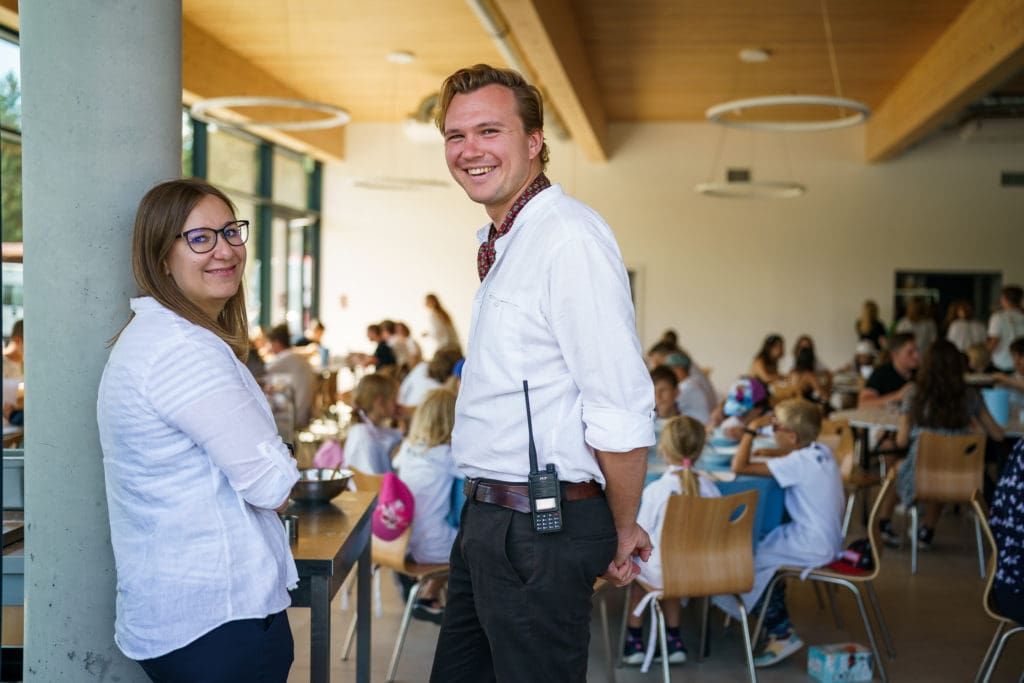
Dr. Beata Kozłowska-Chyła, the president of PZU, stated that PZU has been helping Ukraine with material and medical support during the war, but that the company also realized that refugees will need some normality and their children need a carefree environment that can help them settle and integrate in their new homes.
She also said that the company had invited some of the children of its Ukrainian employees and added “we hope that thanks to the common interesting sports activities and friendly atmosphere, this summer vacation will be remembered forever by those who participated in the summer camps.”
Six months have passed since Russia launched its attack and there is still no sight of an end to the war. Despite a vast majority of Ukrainian refugees declaring that they are planning on going back home when the war is over, conditions in the country remain unsafe for the foreseeable future.
In order to feel as welcome and accepted as possible in their new temporary home, Ukrainian refugees and their children must be kept from social isolation. Integrating more than a million recently arrived migrants into Polish society will demand efforts from Poles and Ukrainians alike, but it will also be the most beneficial course of action for both sides in the long term.
Integration projects such as PZU’s summer camps for children are a much-needed first step in that process. The positive memories, and hopefully some friendships, made by the Polish and Ukrainian children this summer in the Masurian Lakeland District, will likely last a lifetime.


